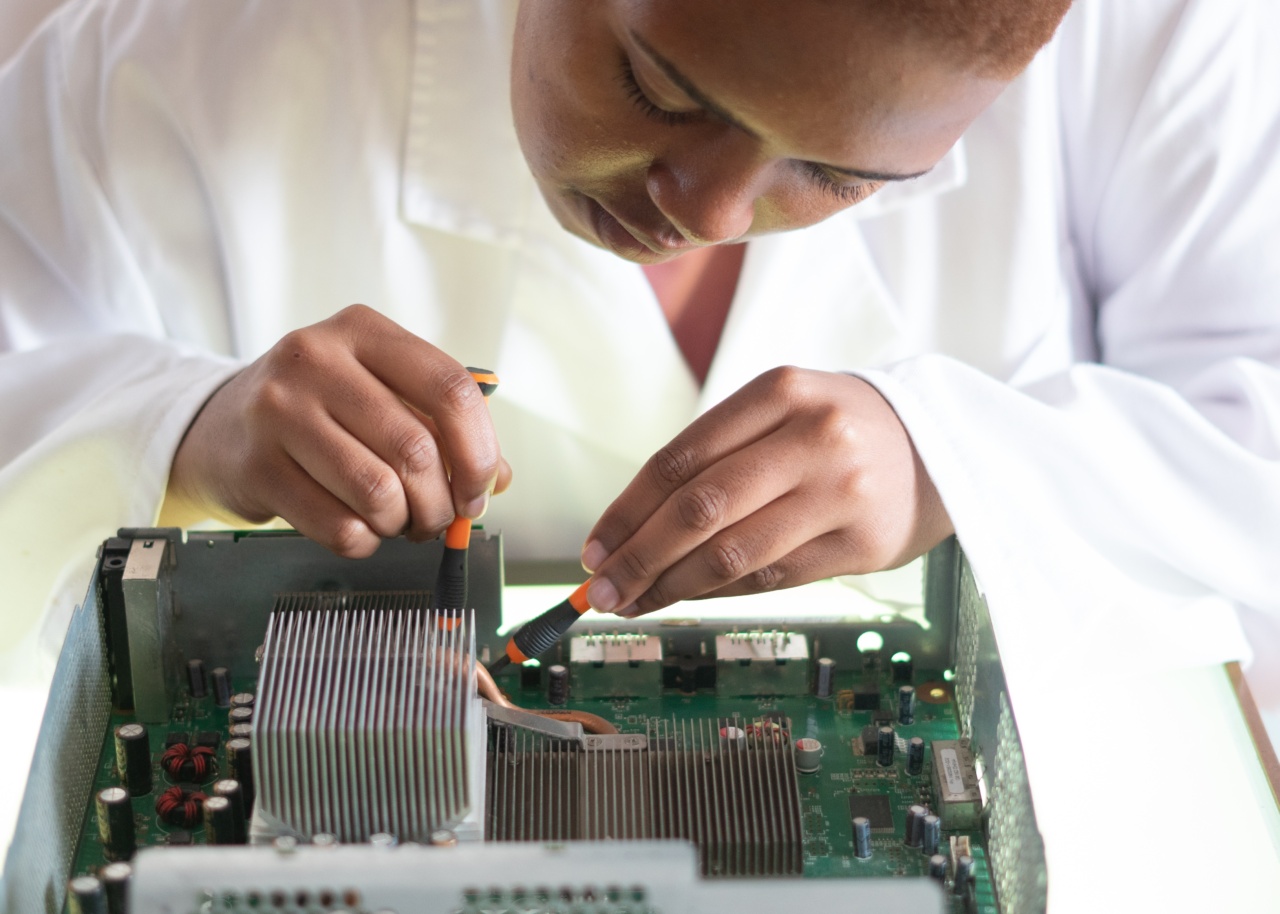Have you ever wondered why sleep is so essential for our well-being? Apart from providing rest and relaxation, sleep also plays a critical role in DNA repair.
Our bodies have a fascinating mechanism that takes advantage of the downtime during sleep to mend damaged DNA.
Understanding DNA Damage
DNA, often referred to as the “blueprint of life,” carries our genetic information and instructions for cellular functioning.
However, several factors like exposure to environmental toxins, radiation, oxidative stress, and even normal metabolic processes can cause damage to our DNA. Such damage, if left unrepaired, can lead to various health problems, including cancer and aging-related diseases.
The Role of Sleep in DNA Repair
Research has shown that our bodies have intricate mechanisms to repair damaged DNA, and sleep plays a crucial role in these repair processes.
During sleep, our cells experience less oxidative stress and have a higher DNA repair potential compared to wakefulness. This increased repair capacity during sleep helps maintain the integrity of our genetic material.
Repair Pathways Activated During Sleep
Several DNA repair pathways are activated during sleep, ensuring the efficient recovery of our DNA. Let’s explore some of these repair mechanisms:.
1. Nucleotide Excision Repair (NER)
NER is a mechanism that targets DNA lesions caused by exposure to UV radiation and environmental toxins. During sleep, the activity of NER is enhanced, leading to more efficient repair of these lesions.
2. Base Excision Repair (BER)
BER is responsible for repairing DNA damage caused by oxidative stress and normal metabolic processes. This repair pathway removes damaged bases and replaces them with the correct ones, ensuring the integrity of our genetic code.
3. Mismatch Repair (MMR)
MMR corrects errors that occur during DNA replication, ensuring that the newly synthesized DNA strand matches the original one. Sleep promotes the activation of MMR, aiding in the repair of replication errors and maintaining genomic stability.
4. Double-Strand Break Repair (DSBR)
DSBR is a highly complex DNA repair pathway that mends breaks that occur in both strands of the DNA double helix. This mechanism ensures the stability of our genetic material.
Sleep has been found to enhance the efficiency of DSBR, facilitating the repair of these critical breaks.
5. Telomere Maintenance
Telomeres are protective caps at the ends of our chromosomes, playing a crucial role in preserving genomic stability. During sleep, the activity of telomerase, an enzyme responsible for maintaining telomere length, is increased.
This enhanced activity helps counteract the shortening of telomeres that naturally occurs with each cell division.
Genetic Expression During Sleep
Sleep not only influences DNA repair but also affects gene expression.
Recent studies have revealed that sleep deprivation can lead to alterations in gene activity, particularly those involved in inflammatory responses, stress regulation, and immune function. Disturbed sleep patterns can dysregulate gene expression and contribute to the development of various diseases.
The Importance of Quality Sleep
Getting sufficient, high-quality sleep is crucial for optimal DNA repair and overall health. Here are some tips to enhance the quality of your sleep:.
1. Stick to a Consistent Sleep Schedule
Establish a regular sleep schedule by going to bed and waking up at the same time each day, even on weekends.
2. Create a Relaxing Bedtime Routine
Engage in relaxing activities before bed, such as taking a warm bath, reading a book, or practicing meditation, to signal your body that it is time to wind down.
3. Ensure a Comfortable Sleep Environment
Create a sleep-friendly environment by keeping your bedroom dark, quiet, and at a comfortable temperature. Invest in a supportive mattress and pillow to optimize your comfort level.
4. Limit Exposure to Electronic Devices
Electronic devices emit blue light that can disrupt the production of melatonin, the hormone responsible for regulating sleep. Avoid using devices like smartphones and laptops before bed, or use blue light filters if necessary.
5. Avoid Stimulating Substances
Limit your consumption of caffeine, nicotine, and alcohol, as they can interfere with your sleep pattern and quality.
Conclusion
Sleep is not only essential for rest and rejuvenation but also plays a crucial role in DNA repair. The repair pathways activated during sleep help maintain the integrity of our genetic material, protecting us from various health problems.
Prioritizing quality sleep by adopting healthy sleep habits can significantly contribute to our overall well-being and longevity.






























